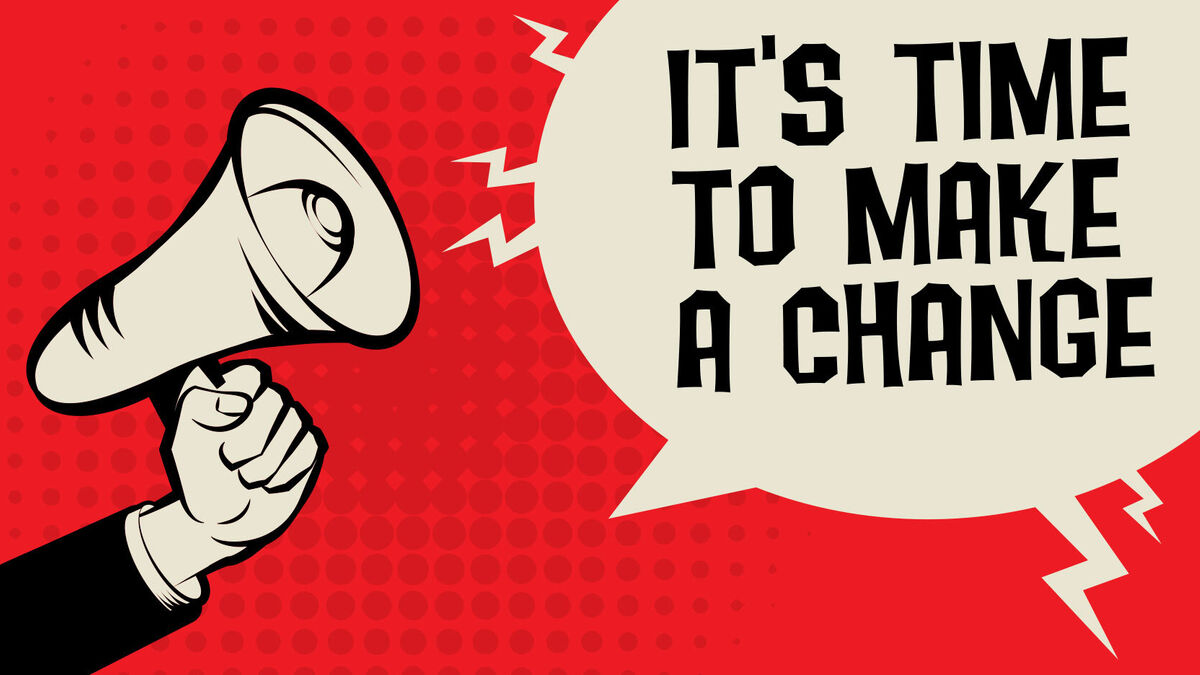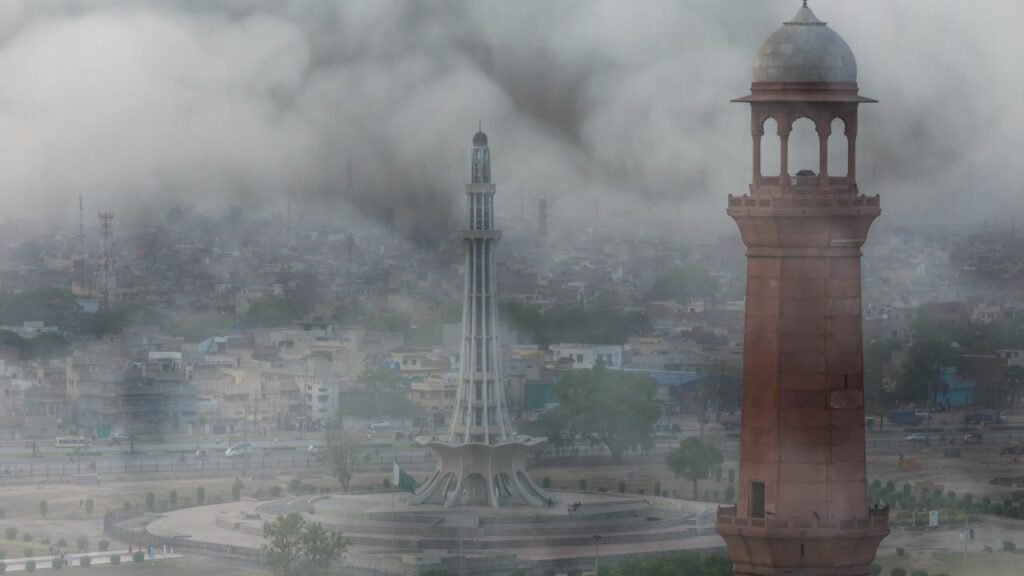Rehman Ali Khan
Propaganda can be defined as the dissemination of information, ideas, or opinions that are intended to influence or manipulate public opinion or behaviour. It is an art that has been used throughout history to influence political and social change, often with great success. In recent times, propaganda has become more sophisticated and has been used by governments, political parties, and other groups to shape public opinion and influence decision-making processes.
Propaganda can be defined as the dissemination of information, ideas, or opinions that are intended to influence or manipulate public opinion or behaviour. It is an art that has been used throughout history to influence political and social change, often with great success. Propaganda is a powerful tool that can be used to shape the beliefs, values, and opinions of individuals and groups, and as such, it has both advantages and disadvantages.
One of the primary advantages of propaganda is that it can be used to mobilize people towards a particular cause or goal. It has been used to rally people behind political leaders, to promote social and cultural values, and to encourage people to take action on important issues. For example, during World War II, propaganda was used extensively by the Allied powers to encourage people to support the war effort and to enlist in the armed forces.
Propaganda can also be used to counter falsehoods and misinformation. In today’s world, where social media and other forms of digital communication have made it easier than ever to spread false information and fake news, propaganda can be an effective tool for countering these narratives and correcting the record. By presenting factual information in a compelling way, propaganda can help to counteract misinformation and promote accurate information.
However, propaganda also has its disadvantages. One of the most significant disadvantages of propaganda is that it can be used to spread false information and promote harmful ideas. Propaganda can be used to promote conspiracy theories, spread hatred and bigotry, and manipulate people into acting in ways that are against their best interests. For example, during World War II, propaganda was used by the Nazi regime to promote anti-Semitic beliefs and to justify the persecution and murder of millions of people.
Another disadvantage of propaganda is that it can be used to manipulate public opinion and suppress dissenting voices. Propaganda can be used to create an atmosphere of fear and intimidation, making it difficult for people to speak out against the status quo. This can lead to the suppression of dissenting voices and the stifling of innovation and progress.
Therefore, propaganda is a powerful tool that can be used for both good and bad purposes. While it can be used to mobilize people towards a particular cause or goal and to counter falsehoods and misinformation, it can also be used to spread false information and promote harmful ideas, as well as to manipulate public opinion and suppress dissenting voices. It is essential to be aware of these advantages and disadvantages and to maintain a critical perspective when analyzing information to make informed decisions. One of the most striking instances of propaganda in recent times is the portrayal of apex court judges as political party stalwarts. This biased perception often leads to judgments being prejudged in favor of one party or another, eroding public trust in the judiciary and undermining the rule of law. The power of propaganda has also been harnessed to manipulate public opinion during times of war, as exemplified by the Creel Commission’s propaganda efforts during World War I.
Rumours, a distinct form of propaganda, can be considered an art and science in their own right. They follow specific formulae, such as ‘a rumor is a multiple of the importance of an event and ambiguity’ or ‘a sum of fact plus fantasy’, and employ techniques like metaphors, allegories, and guarded speech to convey hidden meanings. Propagandists often adopt disguises, posing as writers in prestigious newspapers or as members of human rights advocacy groups or NGOs, to further their agenda.
Propaganda can also be used to manipulate the objective reasoning process of soldiers and civilians. Scientists are now studying not only the ability of information warfare to affect the values, emotions, and belief of target audiences but also methods to affect the data-processing capability of the human mind. American researchers are studying the influence of information technology on the minds of civilians and soldiers, including combat fatigue, youth violence, disobedience, and other negative consequences.
The US Army has also recognized the potency of propaganda, particularly during operations in Somalia, where General Aideed used the media to keep the militarily superior US forces off-balance throughout most of the operations during 1993. The true power of information was revealed, and IO (Information Operations) has since evolved to serve as a model for future international relations.
It is essential to monitor the use of propaganda carefully to ensure that it does not lead to negative consequences. Propaganda can manipulate public opinion and lead people to act in ways that are against their conscience or value system. Therefore, it is necessary to maintain a critical perspective and analyze information objectively to make informed decisions.















